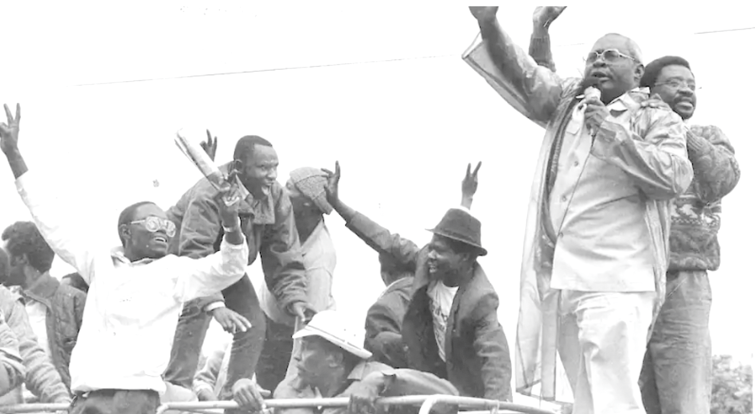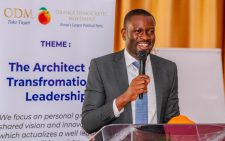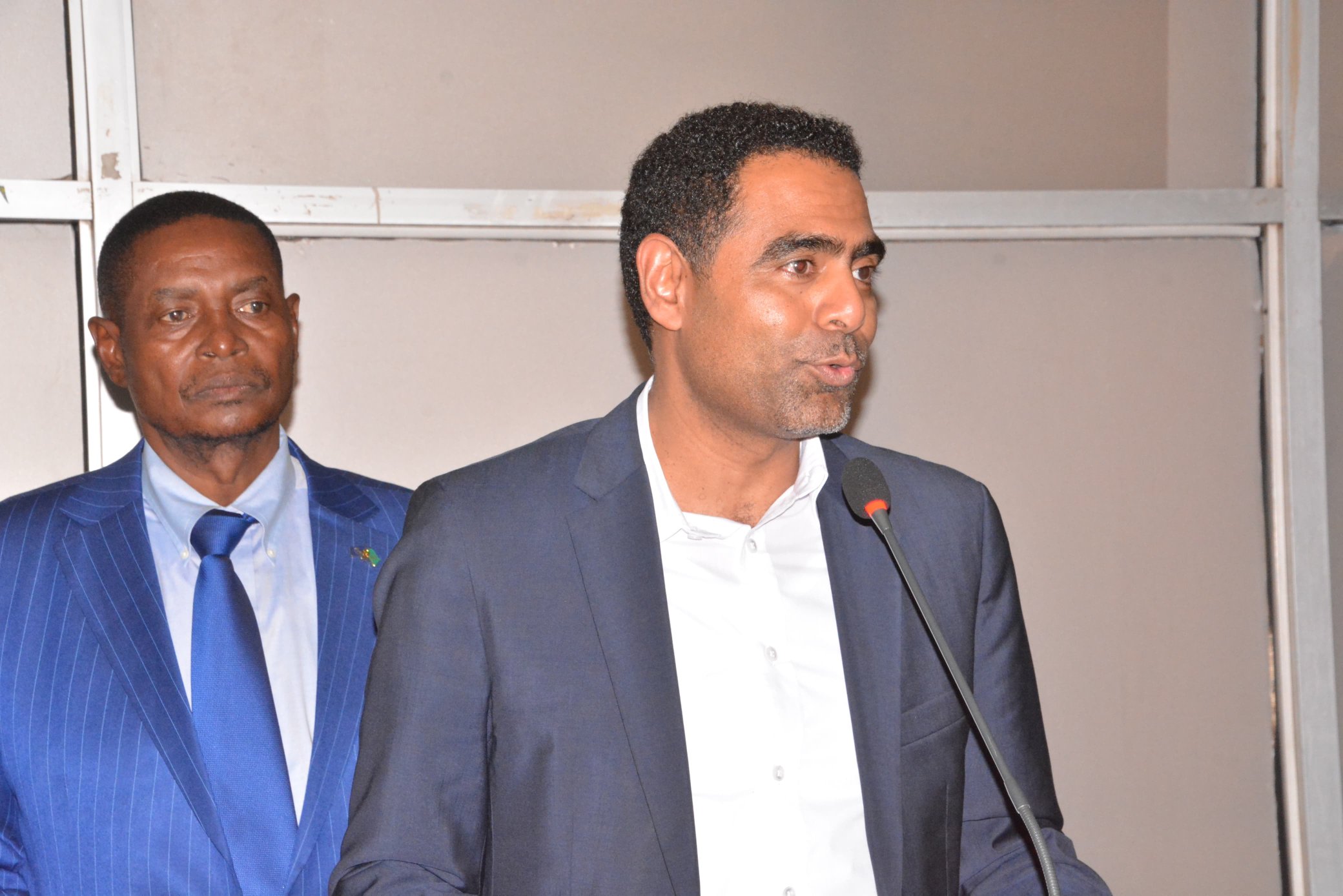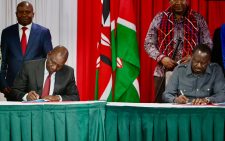Why it’s critical to curate leaders’ public speeches

Few years ago, I was tasked to find out the contribution two national leaders made in the education sector. First was the late Moses Mudamba Mudavadi, father to Prime Secretary Cabinet Musali Mudavadi, who served as the Minister for Basic Education in the early days of President Daniel Arap Moi administration.
The other was Kenneth Matiba, who served as Permanent Secretary in the early days of Mzee Jomo Kenyatta Administration joining politics much later after a stint in the private sector. The only place I knew I would get help was the Kenya National Archives and National Documentation Service.
National Documentation Service had much earlier helped me to get a copy of an incisive editorial penned by George Githii in 1982. Our lecturer needed it as a teaching aid at the Kenya Institute of Mass Communication while I was a student there in 1997.
I got a copy of the editorial piece at the Kenya National Archives and Documentation Service because the place is tasked with management of all public records and as National Documentation and Information Retrieval Service, caters for government publications and other generally circulated documents.
Unfortunately, I couldn’t get any public document by way of a speech at the place, to carry out my assignment.
The late untiring Archivist Richard Ambani, searched records the service holds on the two leaders in vain. He finally gave me copies of The Weekly Review where I got an elaborate obituary on Moses Mudavadi from where I was able to glean something on him.
When I later went for information on Matiba, the same Ambani gave me files which contained internal memos addressing the famous airlifts to USA. The memos did not contain anything reflecting on Matiba’s thinking on scholarships, and the impact of education on society.
The memos were, as most memos are, dry. Ambani could not get anything beyond this apart from an article by The East African—again an obituary that helped me meet part of the assignment.
There were no written footprints on their contribution to education even though widely disseminated by oral rendition.
It is through public speaking that enables policy makers and opinion leaders to confront issues of public concern: policy makers to announce decisions addressing the same and with reasons and for opinion leaders to debate issues—give their own philosophy and suggestions on how to address the concerns.
The speeches become a permanent record for dissemination of policy actions and for storage. It is important that public utterances of our leaders—national and county—be collected and curated for reference by researchers and policy makers for the future. West keeps records of the speeches their leaders make on every imaginable issue or question.
We should do the same. For example, a magazine entitled Vital Speeches publishes speeches by policy and opinion makers in the USA.
It outlines its editorial policy as follows: “The publisher of Vital Speeches believes the important addresses of recognised leaders of public opinion constitute the best expression of contemporary thought in America, and that it is extremely important for the welfare of the nation that these speeches be permanently recorded and disseminated. The publisher has no axe to grind.”
A way should be found in which an institution, be it public or private, could ensure speeches by our national leaders are consolidated for reference. Newspapers only publish quotes from the speeches and do not have a policy of publishing full-fledged speeches, except in rare cases. Even if they publish them, it is not easy to look for the speeches two or three or ten years down the line.
We have had outstanding public speakers in our political system. Some of them made equally outstanding speeches that kept the country talking for days after. It is not easy to trace and find the speeches. Nor do their respective families have the speeches.
— The writer is a communications officer, Ministry of Education












